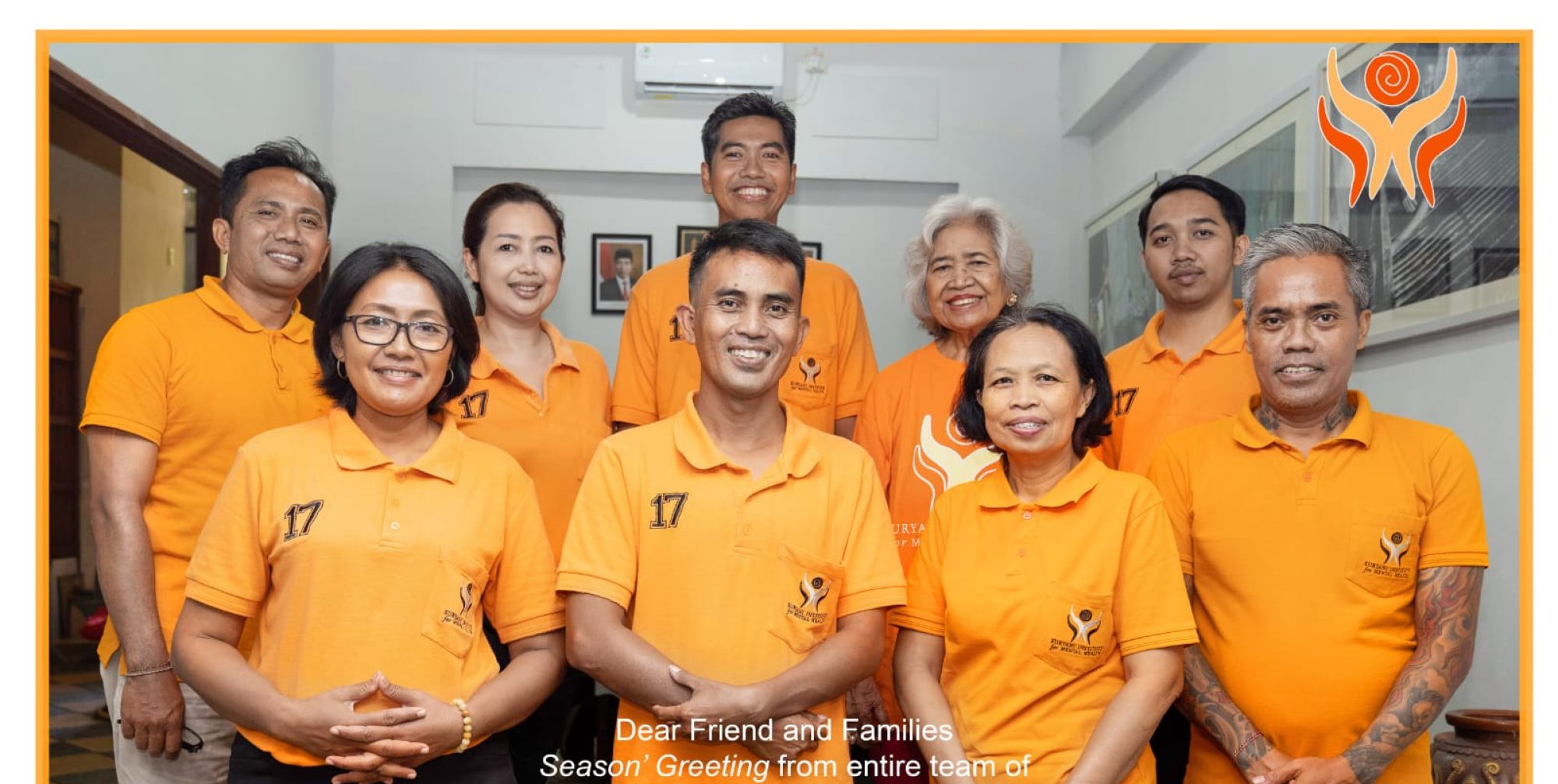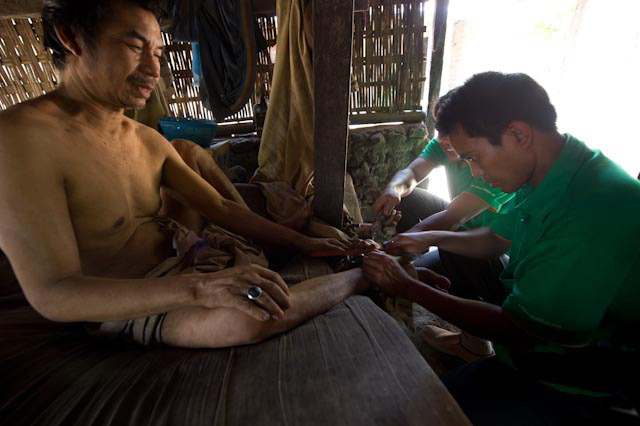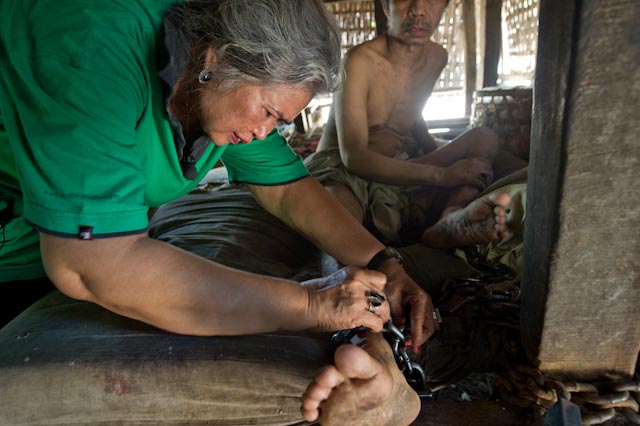It’s hard to ask people to imagine that Bali has many hidden secret for their mental health condition. Chaining is a practice that is considered abusive and in humane in the western countries, but in Bali and in most of the under developed countries, this kind of practice is tolerated and no one speaks for the mentally ill people who are chained. The regular practice of chaining continues to compromise the dignity and human rights of people with mental disorders and hamper the quality of mental health services in Bali. The lack of trained mental health workers and the unwillingness of the government to spend resources on the mental health system are two obstacles that the people of Bali need to overcome.
“Setting up free one person is already a miracle for me and my team since there is no financial and resources support for this works”, said Professor Luh Ketut Suryani during the tearful and joyful moment of cutting the patient’s chained that had been on his feet for 7 years. The team was delightful and feel over the moon to see the chained being cut and sense of relief from the patient after one month prior discovering the patient.
“Chaining patients is unacceptable, in humane and un-necessary, because there are alternatives to chaining. The best way to help people, who are mentally ill, is to make effective treatments accessible for them and that is something that the government unwilling to set”, said Professor Suryani full with regret. “A community mental health model has been showed and developed by Suryani Institute for Mental Health in the peaceful island Bali that offers a fair and effective service to the population but none of the international development partners with whom the institute tried to contact, such as the World Bank and USAID, had mental health services on their agendas”, add Dr Cokorda Bagus Jaya Lesmana as the secretary of the institute.



